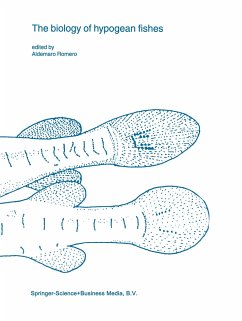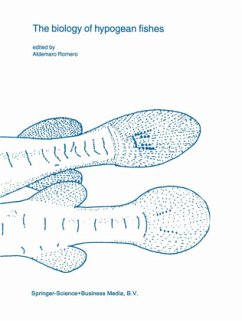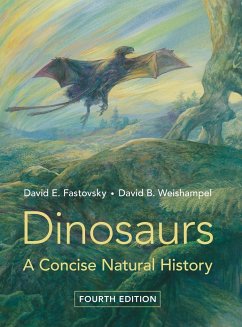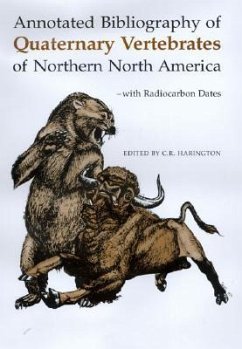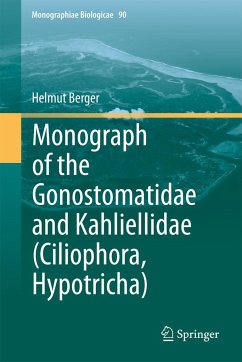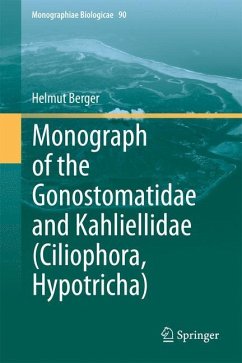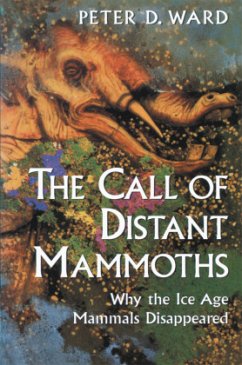
The Philosophy of Zoology Before Darwin
A Translated and Annotated Version of the Original French Text by Edmond Perrier
Versandkostenfrei!
Versandfertig in 6-10 Tagen
113,99 €
inkl. MwSt.
Weitere Ausgaben:

PAYBACK Punkte
57 °P sammeln!
This long-overdue survey eschews Darwin and follows the work of naturalists of many nationalities who used paleontology, comparative anatomy, and embryology in order to establish a linear continuity of evolving life though the long span of geological time.
Jean Octave Edmond Perrier was a French zoologist who lived through the tumult of British Darwinism and Lyellism, and reminds us in this revealing account that French scientists had much to contribute to such perennial topics as evolution, catastrophism and creationism. While very much a product of the Third Republic, Perrier's account also aimed to outline timeless issues and permanent advances in taxonomic and developmental biology since classical Greece and Rome. In this aim he succeeds with surprisingly modern perspectives for a book first published in 1884. Perrier was born May 9, 1844 at Tulle, the son of the principal of a school which now bears his name, Lycée Edmond Perrier. In 1864 he was accepted to the École Normale Supérieure, where he was strongly influenced by Louis Pasteur and Henri de Lacaze-Duthiers. After working for three years at a high school in Agen, he obtained a post of naturalist-aid at the Muséum National d'Histoire Naturelle (1868), advancing in that institution to Chair of Natural History of Molluscs, Worms and Corals (1876-1903) and then Director of the museum (1900-1919) and Chair of Comparative Anatomy (1903-1921). Previous directors of the museum included many of the scientists he discusses in this book: George Cuvier (1822-1823, 1826-1827, 1830-1831), Isidore Geoffrey St Hilaire (1860- 1861), and Alphonse Milne-Edwards (1891-1900). Perrier's own research on echinoderms and earthworms took him on several expeditions in 1880-1885, mostly to Atlantic and Mediterranean coasts, but also to the Caribbean.





